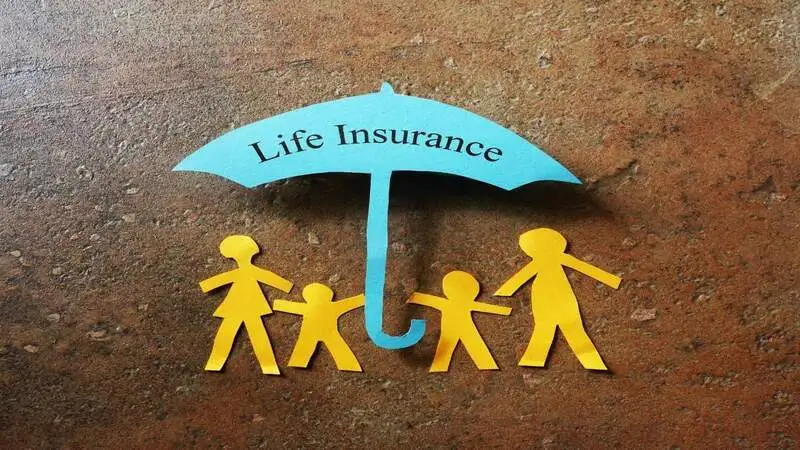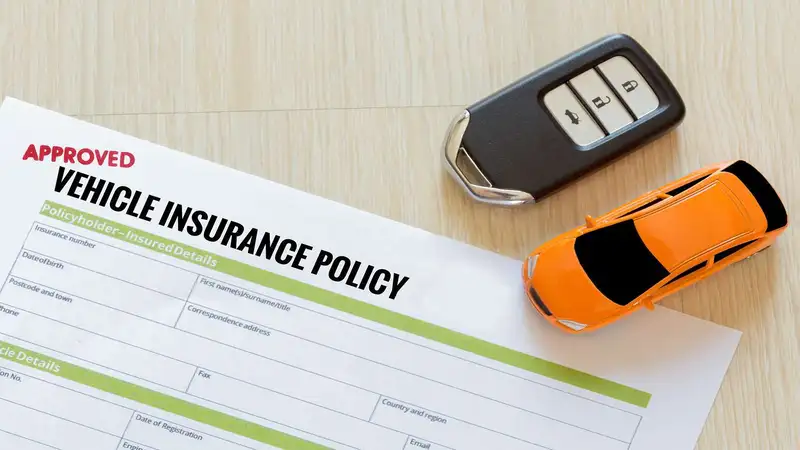Balancing Flexibility with Estate & Financial Security
Achieving stability in life often requires a delicate balance between flexibility and security — especially when it comes to finances and estate planning. Here's how to do it.

Life can be unpredictable, but a well-crafted strategy encompassing financial security and estate planning, coupled with the flexibility to adapt to life changes, provides peace of mind. Planning for the future doesn't have to be a rigid process. This guide offers actionable advice to craft a balanced life plan flexible enough to grow with you while safeguarding your assets and assuring your legacy.
Start with a Solid Foundation
Build an Emergency Fund
Ensure financial security by starting with a robust emergency fund. Experts often recommend three to six months' worth of living expenses. This acts as a financial cushion, allowing you to manage unexpected costs without derailing other financial goals or drawing from good investments.
Understand Your Cash Flow
A good grasp on cash flow — what you earn versus what you spend — is integral. Track your income and expenses to identify areas to save and where you might make gains, keeping a section of your finances available for spontaneous needs or opportunities.
Foster Financial Security
Contribute to a Retirement Account
Consider tax-advantaged retirement accounts like 401(k)s and IRAs to secure your financial future. Aim to contribute the maximum amount allowed to fully leverage tax benefits and compound growth over time.
Consider Insurance and Health Care Costs
A critical, often overlooked tool for financial security is insurance. Assess your health, life, disability, and even good care insurance needs to assure unexpected events don't threaten your financial well-being or burden your loved ones.
Integrate Estate Planning Early
Draft a Will
A clear, legally-binding will is essential. Without one, state laws determine the fate of your assets. Beginning estate planning early allows adjustments over time as life circumstances change.
Establish Power of Attorney
A durable power of attorney (POA) ensures someone you trust can manage your financial affairs if you become incapacitated. Similarly, a healthcare proxy or medical POA authorizes someone to make medical decisions on your behalf.
Trust Funds
Setting up a trust offers control over how your assets are handled and distributed after your passing and can be crafted to respond to the beneficiaries’ evolving needs thanks to various clauses you can include.
Ensure Flexibility
Adjustable Life Insurance
Consider life insurance that offers flexibility. For example, universal life insurance may allow you to change premium payments and death benefits to suit changes in your life.
Stay Educated and Conduct Annual Reviews
Keep abreast of changes in tax laws and economic conditions that may influence your financial strategy. Scheduling annual reviews of your estate plan ensures it adapts to both personal life changes and evolving legislation.
Realize the Dynamic Nature of Real Estate
Investing in Real Estate
Real estate investing can offer both financial security and flexibility. Rental income provides cash flow, while property values typically appreciate over time. Moreover, if you own multiple properties, you have options to sell or leverage against them if your financial situation changes.
Home Equity
Understand the significance of home equity in your financial planning. A home can act as collateral, a source for a loan, or can be downsized to affordable up funds if necessary.
Sound Investments Maintain Security & Flexibility
Diversification is Key
Investing in various asset classes reduces risk and provides flexibility to switch up investments as needed without losing the entirety of your savings due to market fluctuations.
Use Technology to Your Advantage
Numerous digital financial planning tools help keep track of your investments, while automatic rebalancing features keep your portfolio aligned with your risk tolerance and goals.
Keep Community in Spirit
Having an extended community of financial advisors, attorneys, accountants, and supportive family or friends facilitates the blend of flexibility and security. Don’t be afraid to seek their advice for financial and estate planning decisions.
Prioritize Health and Wellness
Financial security isn't just about the numbers; health and wellness influence your ability to generate income and enjoy life's flexibility. Invest in your well-being with good nutrition, regular exercise, and stress management techniques for life-long dividends.
Conclusion
Achieving flexibility in estate and financial planning means preparing for the present while thoughtfully navigating towards the future. Start building a sound financial base, then add layers of protection through estate planning. Always incorporate regular reviews to adapt plans for life's twists and turns, all while prioritizing health and relationships for a well-rounded, secure, and vibrant life.
-
1

Ultimate Feast for the Eyes: Top Cooking Shows Every Foodie Must Watch!
-
2

Maximize the Lifespan of Your New Dental Implants with Expert Care Tips
-
3

Ascending with Ease: The Revolutionary Journey of Stair Lift Technology
-
4

Maximizing Your Walk-In Tub's Lifespan: The Ultimate Guide to Enhanced Performance and Durability
-
5

Unlock Bigger Savings: Master the Art of Using Your Gas Rebate Card!









